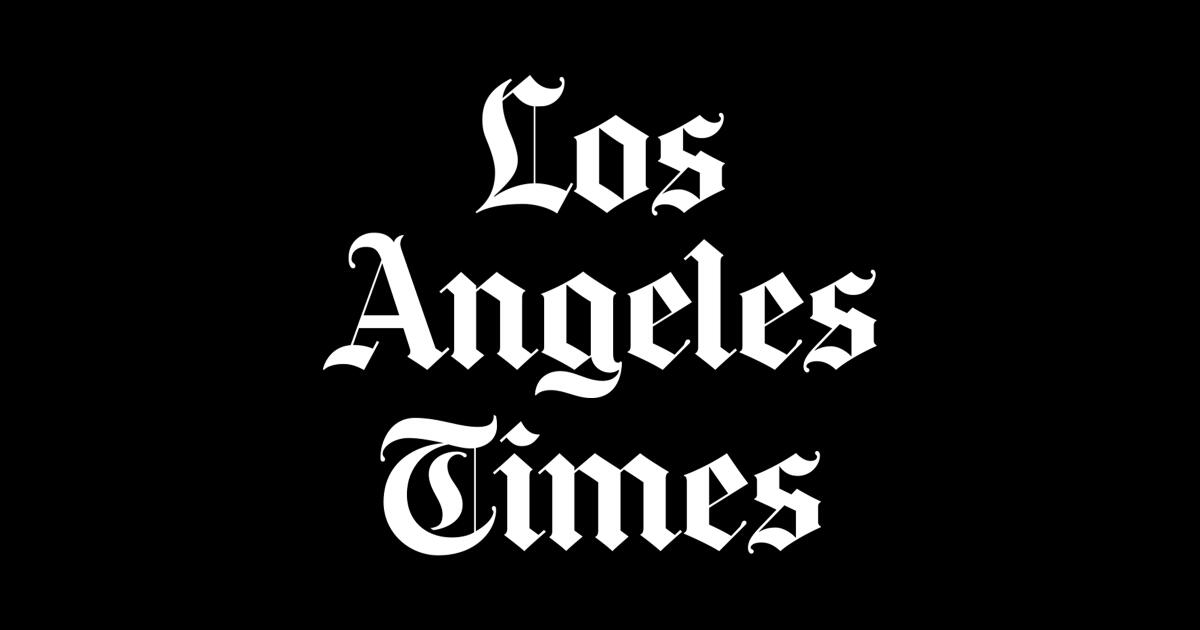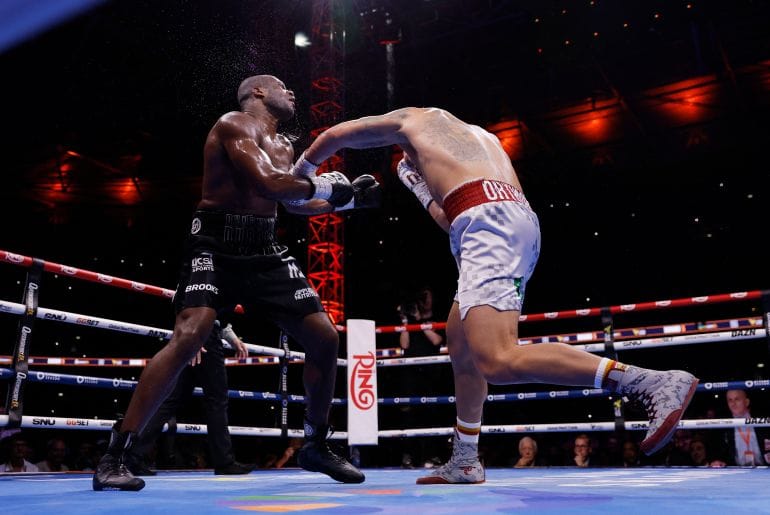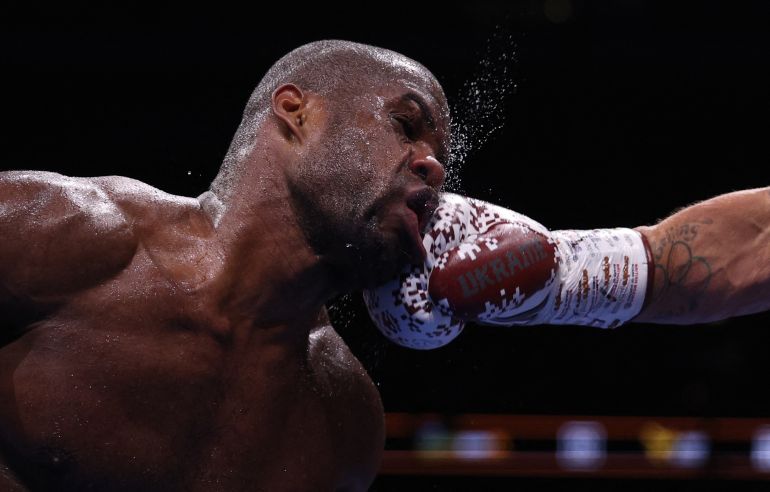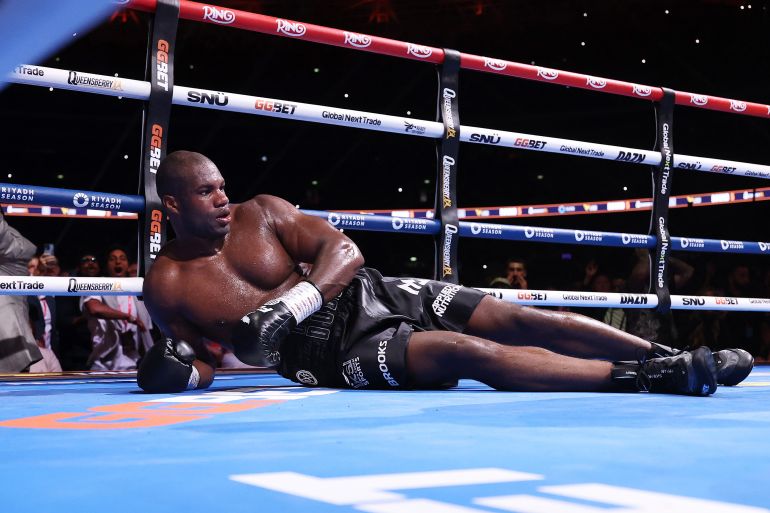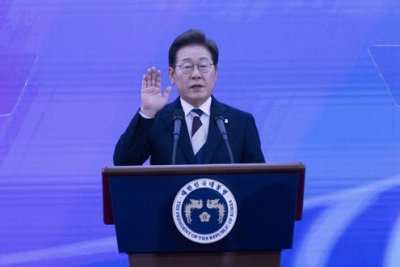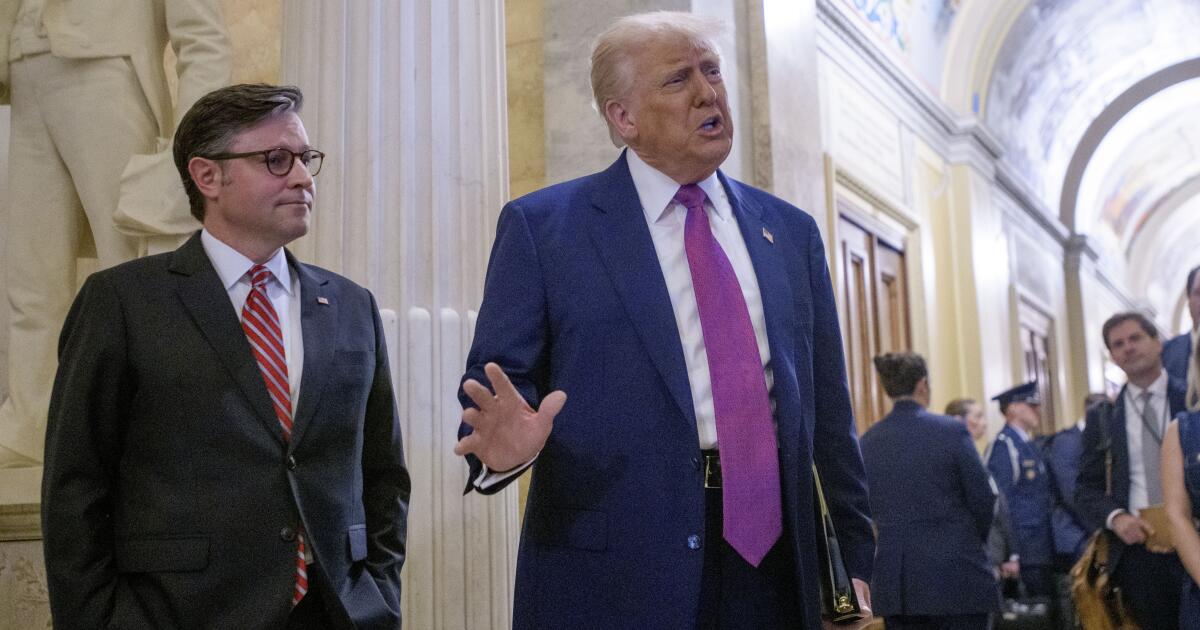Conservatives struggle to unify for voter outreach
Reporting from Washington — With the campaign in its final week, well-funded conservative groups have shifted their focus from the airwaves to voters’ phone lines, front doors and mailboxes — part of a get-out-the-vote effort that could tip the scales in tight races across the country.
But the push to get the nation’s conservative voters to the polls is fractured and untested, with some “tea party” activists refusing to cooperate with more mainstream Republicans, in contrast to the unified and well-organized parallel effort by unions and Democrats, according to key players on both sides.
Up to now, the emphasis on the right has been on television ads, and conservative groups — including American Crossroads, founded in part by GOP strategist Karl Rove — have dominated with the help of undisclosed donors willing to pour millions of dollars into key races.
For the final stretch, Crossroads is dedicating $10 million to the “ground game.” The conservative Americans for Prosperity expects to spend $17 million, opening field offices in 12 states. Tea party organizers, state parties, antiabortion groups and business associations such as the U.S. Chamber of Commerce have also begun their own get-out-the-vote efforts.
The state parties in Illinois and California, in particular, are well funded and sophisticated, and may surpass voter outreach those states have seen in the past.
With money and momentum on their side, Republicans are considered competitive in dozens of districts once thought to be out of reach. But races are tightening, and the voter mobilization program could determine whether the election provides better than average midterm gains for the GOP.
“There is a sense now that Republicans may not be able to capitalize on the backlash against [President] Obama and the Democrats because they lack the well-organized voter ID and get-out-the-vote effort that they have had in the past,” said Lawrence Jacobs, a University of Minnesota political scientist who has been comparing the ground game of both parties. There is enormous variation now state to state, he said.
Democrats and allied groups are spending most of their $200-million political budgets in the largely invisible effort to turn out sympathetic voters.
The party was shocked to lose control of the House in 1994 in the so-called Gingrich Revolution. Since then, Democrats and labor have emphasized personal voter contact to win close races. In Pennsylvania last week, AFL-CIO President Richard Trumka said his organization planned to “touch” every union member in the state 25 times with mail, phone calls and personal visits in the campaign’s final weeks.
For the GOP, this year’s patchwork approach is a dramatic departure from the last decade, when a single well-organized entity — the Republican National Committee — ran sophisticated voter mobilization programs that were years in the making. But the RNC has faltered in funding and organization recently, and outside groups have stepped up efforts, many of them starting only recently.
“I think the biggest difference in this year is generally this is not a party-driven year, this is not a personality-driven year,” said Americans for Prosperity President Tim Phillips, whose group has launched its first voter mobilization effort. Phillips said the effort reflected a shift to movement politics organized around issues, not politicians.
American Crossroads, a tax-exempt group receiving contributions from corporations and wealthy individuals, is putting its ground-game resources to use in nine battleground states. It plans to send more than 100 volunteers to Colorado and Nevada, said Steven Law, the organization’s president.
Crossroads will generate 9 million phone calls and 5 million pieces of mail before election day, Law said.
More important, Crossroads has encouraged other conservative groups to share voter contact lists, polling information and geographic priorities, as Democrats have in recent years.
“We wanted to be a resource for exchanging lists of names and voter targeting information,” Law said.
Although some conservative groups — such as the Republican Governors Assn. and Americans for Tax Reform — have cooperated with Crossroads, others resist being too closely associated with establishment figures.
FreedomWorks, a Washington-based group that has supported tea party activists across the country, expects to spend $500,000 on its own program that taps into the network of tea party supporters.
Brendan Steinhauser, director of state and federal campaigns at FreedomWorks, said the distance from the party was an advantage in recruiting new activists.
“A lot of people don’t want to work with the Republican Party, for the most part,” he said. “They like the candidate, but they don’t want to go to GOP headquarters. They’ll work with us.”
In addition to getting out the vote, many conservative organizations continue to buy advertising even though little air time is available. The U.S. Chamber of Commerce said it would spend $1 million on Washington’s Senate race in the final week, using much of it for Web-based advertising on behalf of Dino Rossi, the Republican hoping to unseat Sen. Patty Murray.
The chamber is also sending funds to newly competitive House races in Washington, Wisconsin, Arizona, New York, Ohio, Oregon and Pennsylvania. All told, the chamber expects to be active in 50 House races and 12 Senate campaigns this cycle, said Political Director Bill Miller.
For tea party groups, the final days of the campaign represent the culmination of months of training and organizing political newcomers.
In West Virginia, where the Senate race is close, a handful of groups are coordinating efforts on weekly phone calls. As they canvass neighborhoods, FreedomWorks arms them with maps pinpointing independent, unreliable voters who are likely to lean conservative.
FreedomWorks, led by former House Majority Leader Dick Armey, says it aims to reach 50,000 voters in West Virginia with both a knock on the door and a phone call.
